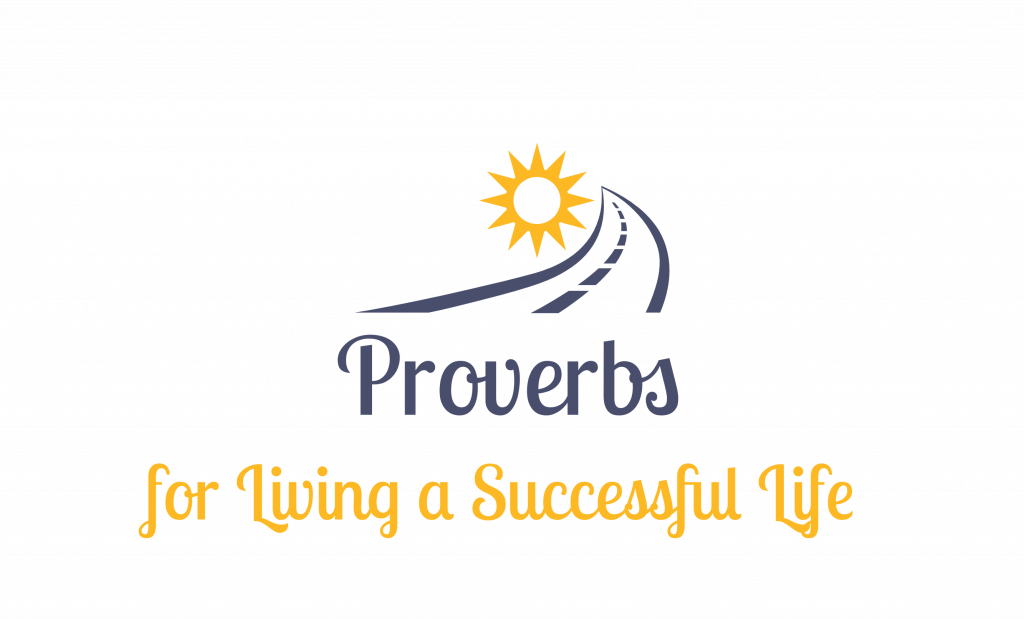 Complacency is not the same thing as trust or faith; don’t get confused at this point. Trust is an active emotion which builds upon past performance and projects future behavior. Similarly, faith hinges upon belief in people or information that is often unsupported. Both are dynamic and provide foundations for change. Complacency, however, is the acceptance of the status quo at a level which relinquishes any personal options for change;
Complacency is not the same thing as trust or faith; don’t get confused at this point. Trust is an active emotion which builds upon past performance and projects future behavior. Similarly, faith hinges upon belief in people or information that is often unsupported. Both are dynamic and provide foundations for change. Complacency, however, is the acceptance of the status quo at a level which relinquishes any personal options for change;
For more on this check out the short video below:
